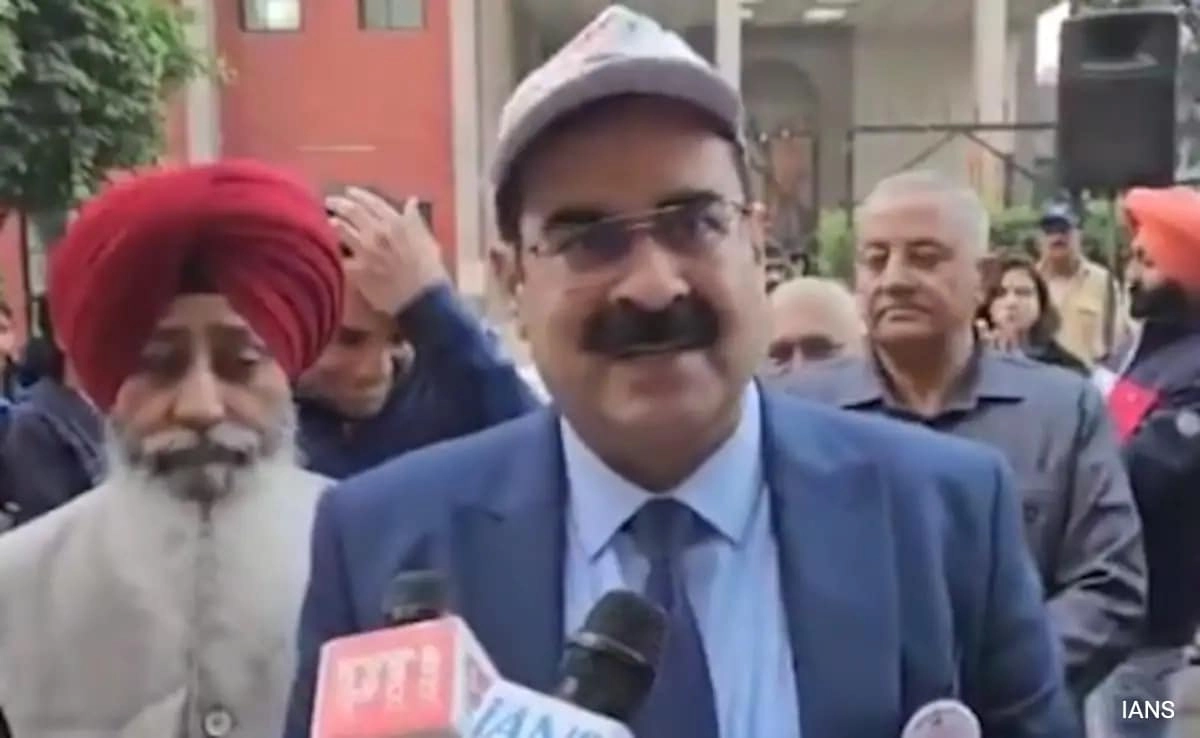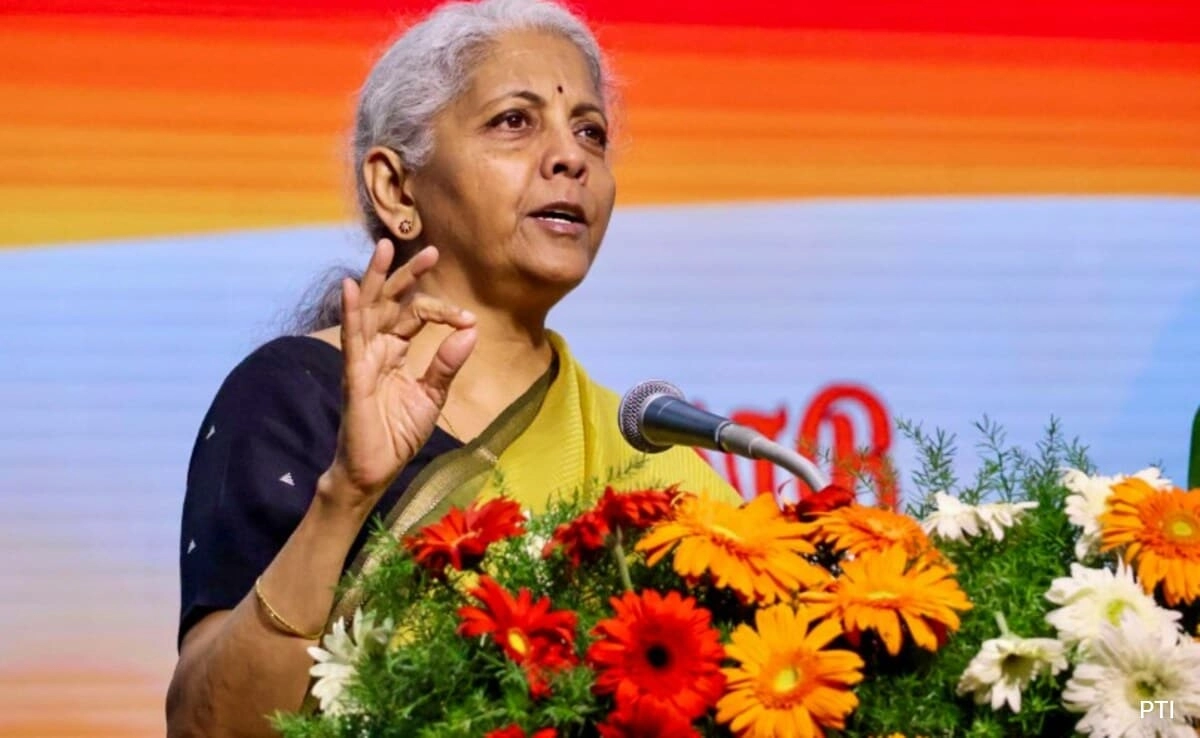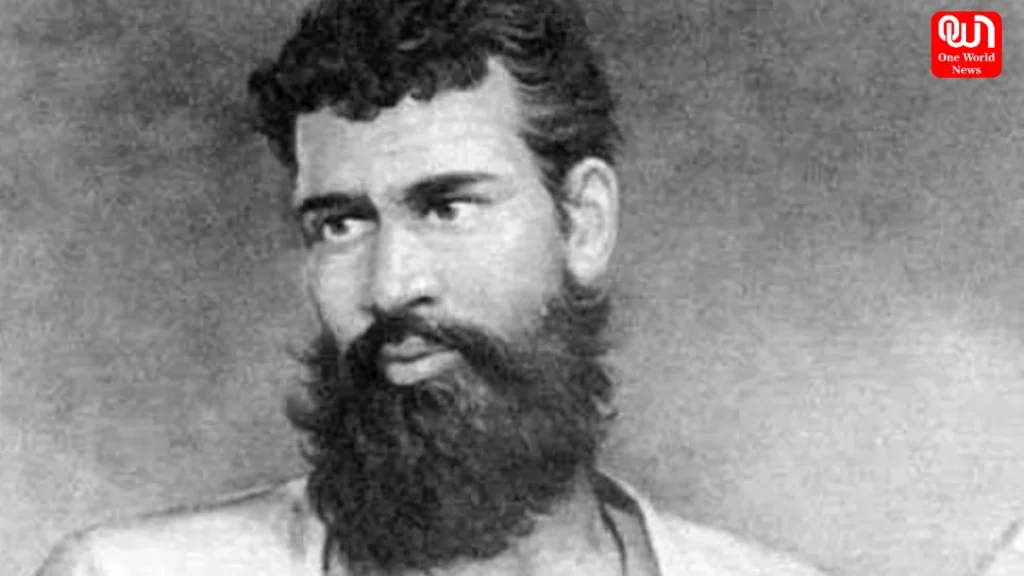Rajeev Verma, a name that has recently garnered significant attention in Delhi, has made a remarkable transition from the esteemed Indian Institute of Technology (IIT) to the prestigious Indian Administrative Service (IAS). His journey epitomizes the blend of technical expertise and administrative acumen, showcasing how diverse educational backgrounds can contribute to effective governance. As Delhi’s new top bureaucrat, Verma’s appointment signals a shift towards a leadership style that values innovation and strategic thinking, qualities essential for tackling the complex challenges faced by the capital city.
Verma’s academic credentials are impressive; he graduated from IIT with a degree in engineering, which laid a solid foundation for his analytical and problem-solving skills. This technical background is particularly advantageous in an era where bureaucratic decisions increasingly require an understanding of technology and data-driven approaches. His transition to the IAS was marked by rigorous preparation and a commitment to public service, reflecting a desire to effect positive change through governance. This unique combination of skills positions him well to navigate the intricacies of urban administration, especially in a diverse and dynamic environment like Delhi.
As he steps into his new role, Verma faces numerous challenges, ranging from managing the city’s infrastructure to addressing pressing social issues. His expertise will be crucial in implementing policies that promote sustainable development and enhance the quality of life for Delhi’s residents. Furthermore, Verma’s leadership style is expected to foster collaboration among various stakeholders, ensuring that the voices of citizens are heard in the decision-making process. His appointment is not just a personal achievement; it symbolizes a broader trend of professionals with technical backgrounds entering public service, which could lead to more innovative and effective governance solutions in the future.
In conclusion, Rajeev Verma’s ascent to the position of Delhi’s top bureaucrat exemplifies the potential of integrating engineering principles with administrative practices. His journey from IIT to IAS serves as an inspiration for many aspiring civil servants, demonstrating that diverse educational paths can lead to impactful careers in public service. As he embarks on this new chapter, the expectations are high, and the eyes of the city are on him to deliver effective governance that meets the needs of its citizens. Verma’s story is a testament to the transformative power of education and the vital role that dedicated individuals play in shaping the future of governance in India.




